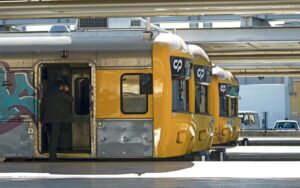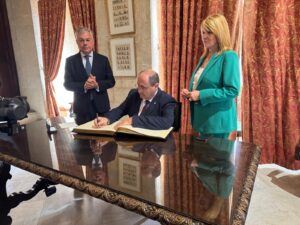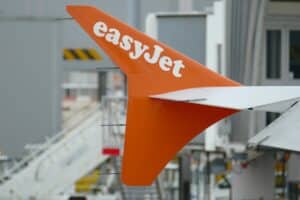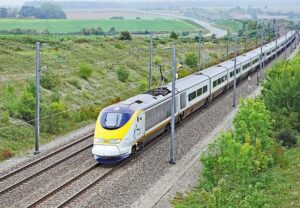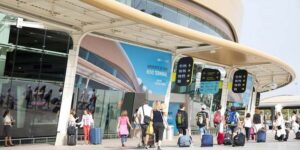A civic movement has come up with a strategy to improve the Algarve’s railway until 2050 by replacing current trains with new “metro-like” alternatives, building the long-awaited link to Faro Airport and bringing high-speed railway lines to the region.
The suggestions have already been sent to the Algarve Municipalities Association (AMAL) and the Regional Development and Coordination Commission (CCDR Algarve) as well as the Minister for Infrastructure and Housing, Pedro Nuno Santos, and Secretary of State for Infrastructure Jorge Delgado.
Says Movimento Mais Ferrovia (MMF), “rail travel has once played and can still play an irreplaceable role in the mobility of the Algarve,” bringing people closer together and linking the region to the rest of Portugal as well as Spain and Europe.
But the electrification of the railway won’t cut it, the movement says.
“The potential of the Algarve railway will only be completely realised when it offers a modern, quality and respectable form of transportation,” it adds.
To do so, the movement says the region’s train fleet should be replaced with “new, lighter, aboveground metro-like trains”. Trains should also be more frequent, new stations should be built or old ones should be revived, and car parks should be built near the stations.
Also highlighted is the railway link to Faro Airport, which has been in the pipeline for years. Says the movement, it should also feature stops at Faro Beach, Montenegro and the Gambelas campus of the University of the Algarve.
Last but not least, the group believes that the government should invest in creating new high-speed railway lines in the Algarve, opening the region up to other parts of Portugal and Spain.
The movement’s spokespeople – Amélia Santos, Cristina Grilo, Fernando Pessoa and José Caramelo – say that if the region “truly aspires to develop evenly and sustainably and reach the same level as other regions in Portugal,” it must commit fully to this goal.
In fact, the movement points out how the National Investments Programme 2030 (PNI 2030) has set side €21.6 billion for the mobility and transportation sector – almost half of which (€10.5 billion) will be invested in railways.
But as the civic movement stresses, the Algarve, the Alentejo and other regional railways are only due to receive €615 million (around 5.9% of the total sum allotted to the railway sector).
“It is urgent that the Algarve works to create a strategic document for its railway, which justifies demanding adequate investment from the government, with proposals to be implemented in the short and long-term,” the movement says.
MMF was created in 2018 and is comprised of members with technical knowledge and experience about the railway sector, it says.
michael.bruxo@algarveresident.com



